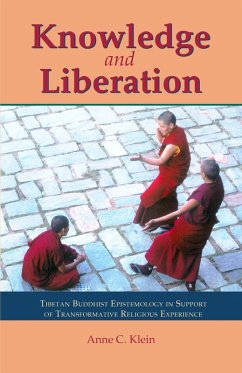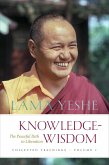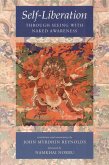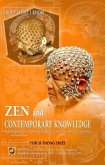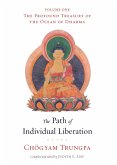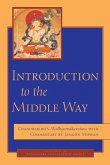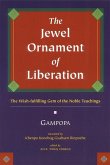Buddhist philosophy is concerned with defining and overcoming the limitations and errors of perception. To do this is essential to Buddhism's purpose of establishing a method for attaining liberation. Conceptual thought in this view can lead to a liberating understanding, a transformative religious experience. The author discusses the workings of both direct and conceptual cognition, drawing on a variety of Tibetan and Indian texts. The Gelukba interpretation of Dignaga and Dharmakirti is greatly at variance with virtually all other scholarship concerning these seminal Buddhist logicians.
Dieser Download kann aus rechtlichen Gründen nur mit Rechnungsadresse in A, B, BG, CY, CZ, D, DK, EW, E, FIN, F, GR, HR, H, IRL, I, LT, L, LR, M, NL, PL, P, R, S, SLO, SK ausgeliefert werden.

